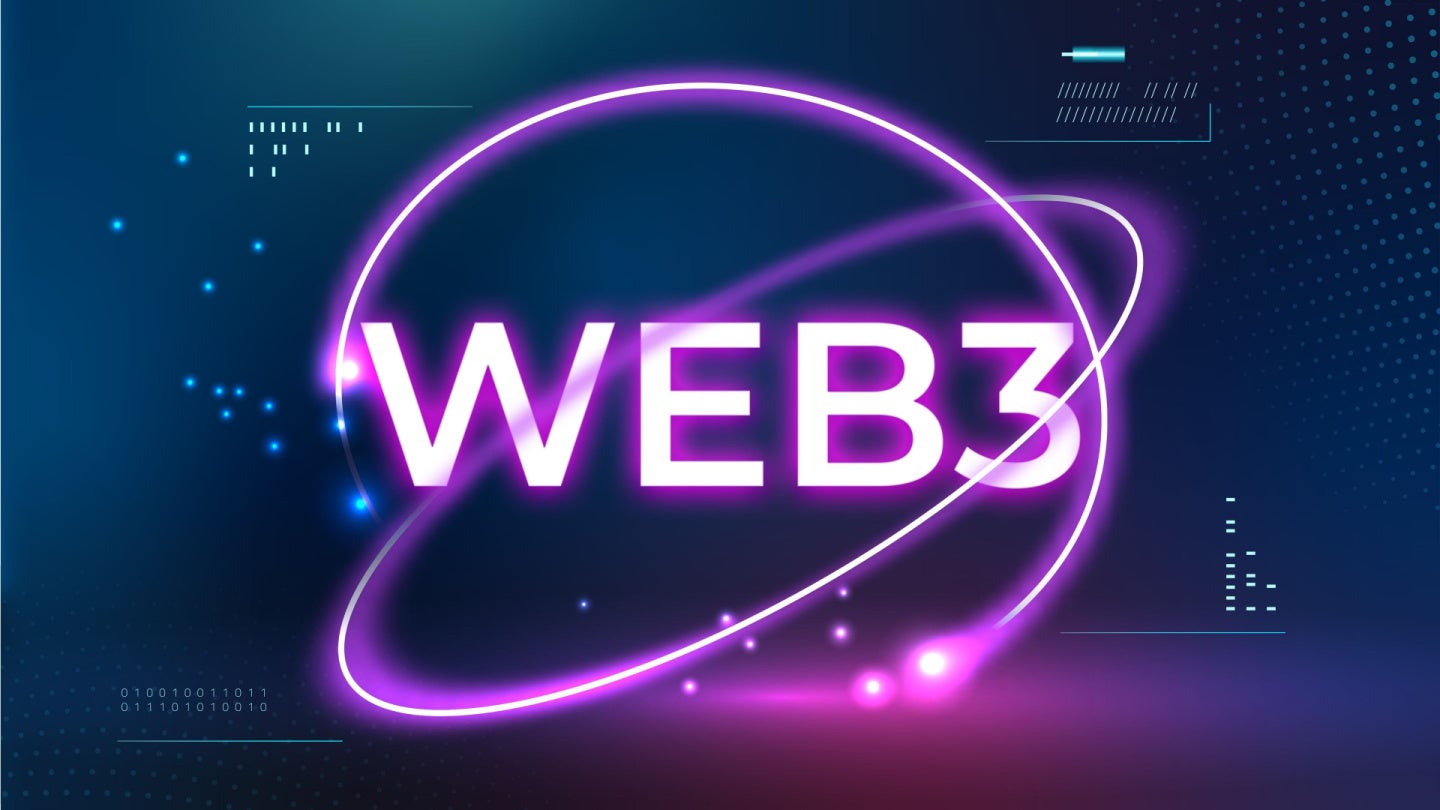Esports are organized multiplayer video game competitions, typically involving professional players. Esports is predominantly played and followed by young, tech-savvy males, while the share of women is also rising. The growing audience is driving Web3 concepts into esports, with start-ups introducing novel Web3-related offerings, especially monetization opportunities for teams, players, and the audience.
Web3 is gaining momentum in esports
Web3 is an ideology that refers to the next iteration of the internet built on blockchain. Web3 aims to allow users to create, own, and monetize their content, which is stored on the blockchain instead of third-party servers.
Several start-ups aim to end the dominance of large game publishers and hand power to esports teams and players. They want to develop a creator economy where teams and players can monetize their skills and success. MonkeyLeague and EV.io, for example, allow individual athletes to create and play games, compete against fellow gamers, and earn money (typically cryptocurrencies). In September 2022, Sky Mavis announced a $2.4 million grant to be dispersed between Q4 2022 and Q2 2023 towards esports events on its Web3-based metaverse platform Axie Infinity.
Investment from cryptocurrency companies in esports will increase
Brands from a wide range of sectors target the esports audience. GlobalData’s sports sponsorship database reveals that in H1 2022 111 esports sponsorship deals worth about $129 million were signed. Less than 25% of new deal value in H1 2022 came from endemic brands, while non-endemic brands claimed the remaining 75%. Companies from cryptocurrency, financial services, automobiles, consumer electronics, and energy drinks backgrounds were the biggest spenders on esports sponsorships in H1 2022.
The prominence of cryptocurrency companies is no surprise, given esports’ digital nature and growing user base. Investment from cryptocurrency companies in esports will increase over the coming years as they attempt to add users to their platforms. These companies will develop esports-oriented offerings (e.g., NFTs of teams and players) that users can purchase using cryptocurrencies. In addition, crypto platforms (e.g., Bitcashier) and esports platform providers (e.g., Community Gaming) are also pursuing cryptocurrency-based prize pools.
Non-fungible tokens (NFTs) represent lucrative opportunities for esports organizations
Esports organizations view NFTs as an opportunity to engage with and monetize their fans. In August 2021, esports clubs Boom Esports and Fact Revolution partnered with Yieldly, the first decentralized finance platform on Algorand, to explore NFTs in esports. Subsequently, in February 2022, esports team 100 Thieves released 300,000 Polygon-based NFTs to thank fans for their support and boost engagement. Similarly, Spececaps, the parent company of esports team Loud, is also pursuing Solana-based NFTs, tokenized incentives to fans, and play-and-earn gaming. Indian start-up Loco has launched Legends, an NFT platform for esports. Indian esports teams, including Godlike, Revenant, and Blind, will use Loco’s Legends to offer NFT experiences to their fans.
Theoretically, esports teams and players can monetize the games they play by minting NFTs in the form of avatars or merchandise without running into legal issues with publishers. However, popular, traditional games have yet to announce support for NFTs in their intellectual property (IP). Consequently, NFTs will be limited to Web3 platforms (e.g., Axie Infinity) and social media platforms (e.g., Instagram) over the next two years.
Web3 in esports is a promising concept, but it has a long way to go
While Web3 can potentially increase fan engagement and revenue for esports teams and players, it is still in its infancy. Web3 has yet to match the functionality, reliability, and scalability of the current generation of the internet (i.e., Web2). Its success will depend on the adoption of cryptocurrencies and blockchain technologies.








